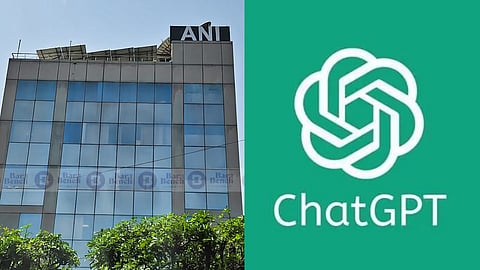
- Latest Legal News
- News
- Dealstreet
- Viewpoint
- Columns
- Interviews
- Law School
- Legal Jobs
- हिंदी
- ಕನ್ನಡ

Broadband India Forum, a think tank focused on developing the broadband ecosystem, told the Delhi High Court on Friday that freedom of speech and expression under Article 19 of the Constitution also includes the right to receive information, and Artificial Intelligence (AI) tools like ChatGPT cannot be restrained from using media reports/ original data to answer user queries.